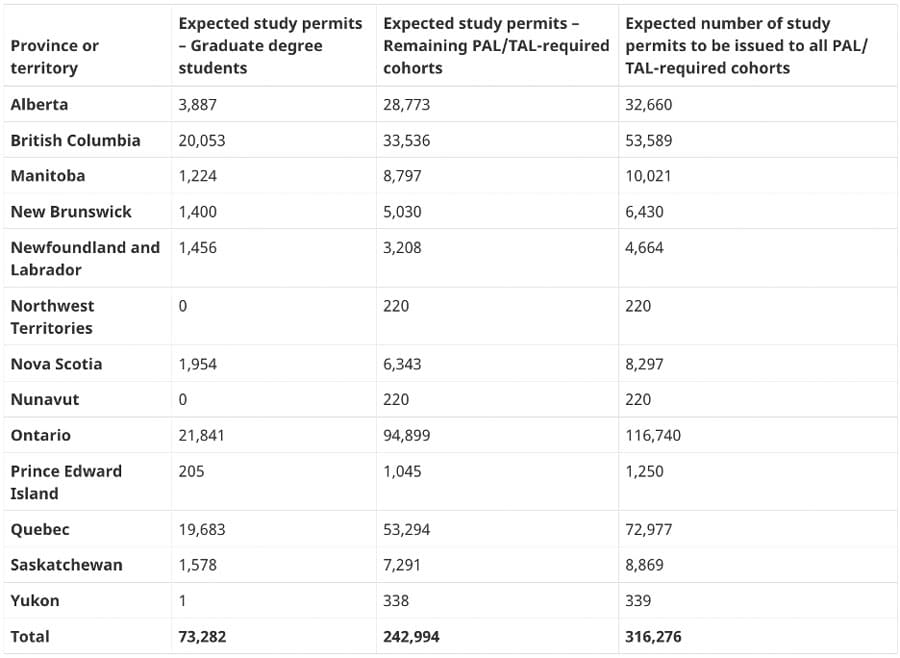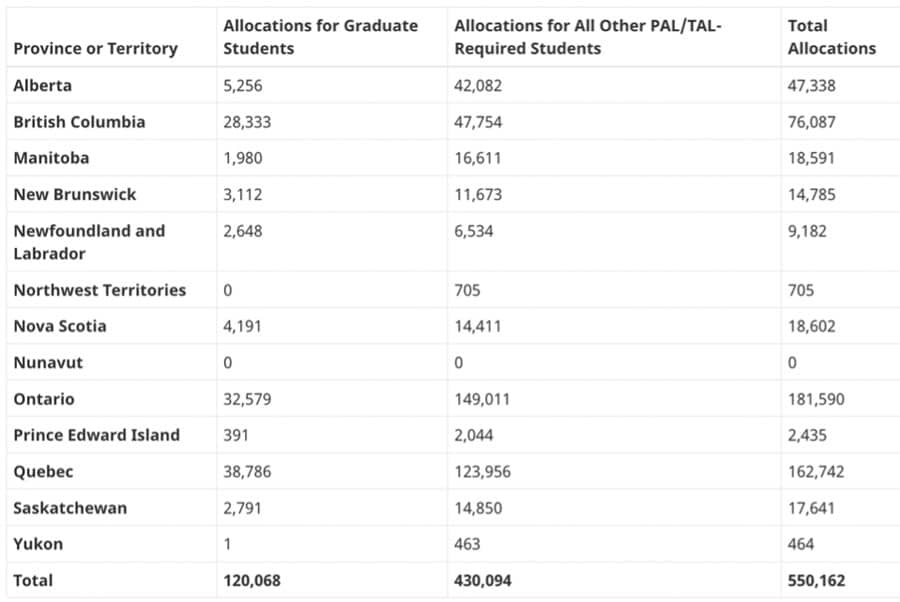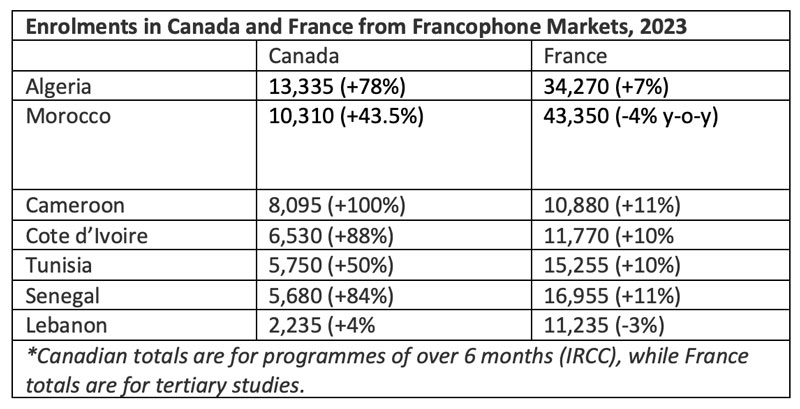An astute new study, Tibelius Amutuhaire’s Internationalization and Student Mobility: Exploring the Mobility of Higher Education Students in East Africa, examines international education movement in East Africa with a special focus on Uganda, Rwanda, and Burundi.
The study is also Mr Amutuhaire’s December 2024 dissertation for his PhD from the Bayreuth International Graduate School of African Studies. It is rare in terms of its lens, regional subject matter, and observations about the current and potential shape of international student mobility (ISM) in the three countries.
Today, we will focus on Mr Amutuhaire’s paper and what it suggests for the future of student mobility from – and to – East Africa. Stay tuned for a follow-up article that looks more deeply at what is driving student flows from – and to – East Africa.
Methodology
The study report was informed by quantitative research (a survey of international students in two Ugandan universities, Makerere University and Kampala International University) and by a panel of in-depth interviews with international students, staff from international student offices, staff from the country’s higher education regulatory agencies, and a senior immigration officer. In addition, it relies on an extensive literature review.
Unique mobility patterns
Underlying student mobility trends in the three countries are a host of historical, economic, and demographic factors. In brief:
- Uganda is the most balanced in terms of inbound/outbound mobility;
- Rwanda sends many students abroad and hosts relatively few international students;
- Burundi is also mostly a sending market, though it attracts some students from Rwanda and DRC (Democratic Republic of the Congo).
The following excerpt from the paper’s conclusion provides a slightly longer, but concise, outline of what has driven international student mobility patterns in the three countries:
“Uganda has internationalized its HE [higher education] sector primarily by attracting international students from other countries to its institutions. This has required Uganda to improve the quality of its HE offerings, particularly to expand the number of academic programs in universities. These actions have been complemented by lower tuition fees, a comparatively secure environment, the language policy, and the historical aspect of MU [Makerere University] being a high-quality institution that trained some past regional presidents – all of which have been additional advantages for the university and the country.”
Rwanda puts more emphasis on outbound, rather than inbound ISM. This relates to the country’s long-term absence of a robust HE system, due to political instabilities and the genocide that destroyed social structures. Outbound ISM possibilities were adapted to solve human resource challenges amidst a weak HE system; for example, the government provides scholarships to students to study in foreign countries. The country’s HE system is yet to amass the capacity to meet the needs of all students, especially regarding quality staff and the number of academic programs on offer. These issues and the change in the country’s language policy from French to English encourage outbound, rather than inbound ISM.
Burundi experienced a high rate of outbound ISM in the 1970s when political instabilities weakened the country’s HE system and encouraged the extent of brain drain. The brain drain and a weak education system worsened as qualifications from Burundi’s HEIs lost global recognition, and its graduates could not compete globally. The country adopted changes in 2011 to improve the quality of HE and made it more compatible with other systems worldwide. Consequently, Burundi has attracted international students from Rwanda and DRC. As the HE system became more compatible with those in the rest of the world, students from Burundi can now study efficiently in other countries. However, there is still a high rate of outbound ISM in Burundi since the country’s education language policy (still primarily French) puts it at a disadvantage.”
The future of mobility
Central to Mr Amutuhaire’s research is the concept of the Global South and Global North. Mr Amutuhaire emphasises that these terms describe much more than relative geography. They also represent countries’ relative power and wealth, with the North comprising more wealth and economic advancement than the South (i.e., “the low- or middle-income brackets as understood by the World Bank …located in Africa, Asia, Oceania, Latin America, or the Caribbean”). The power imbalance is evident when we look at the shape of global and intra-regional mobility.
Brain drain – from the South to the North, and from more challenged African countries to more prosperous/stable African countries – has been a major factor historically and persists to this day, as Eastern Africans migrate to countries for better education and economic opportunities.
Mr Amutuhaire argues that African countries must:
- Adopt student mobility practices – and create official internationalisation strategies – that “do not exacerbate the challenges of south-to-north ISM”;
- Deepen cooperation and agreements within the region.”
He points to “smart internationalisation” a term coined by Professor Damtew Teferra, the renowned founding director of the International Network for Higher Education in Africa (INHEA) at the University of KwaZulu-Natal in South Africa and convenor and founder of the Higher Education Forum for Africa, Asia and Latin America (HEFAALA).
Prof Tefera argues that traditional concepts of internationalisation are Eurocentric/Western and do not benefit the Global South because they either promote brain drain or are not relevant to the economic and cultural contexts in Africa. Prof Tefera proposes that “smart internationalisation strategies make the process locally focused, though with an international flavour.”
Going forward, Mr Amutuhaire says it is necessary to explore whether nations recruiting students from Africa – or setting up transnational education partnerships – are acting in ways beneficial to African countries. Too often, he notes, there is too much reliance on the economic rationale for recruitment (e.g., the much higher tuition fees international students from the Global South are often required to pay at universities in the Global North).
Mr Amutuhaire advocates for more strategic collaboration between African states to establish intra-African ISM aimed at diminishing – not replicating – the challenges associated with south-to-north ISM. In other words, intra-African mobility should not mimic the power imbalances that tend to characterise Eurocentric internationalisation, but rather chart new ground to ensure students from Africa, and the Global South in general, benefit as much from study abroad and TNE as the countries and institutions that host them.
Stay tuned for more articles exploring this crucial idea and the East African context for mobility.
For additional background, please see:






